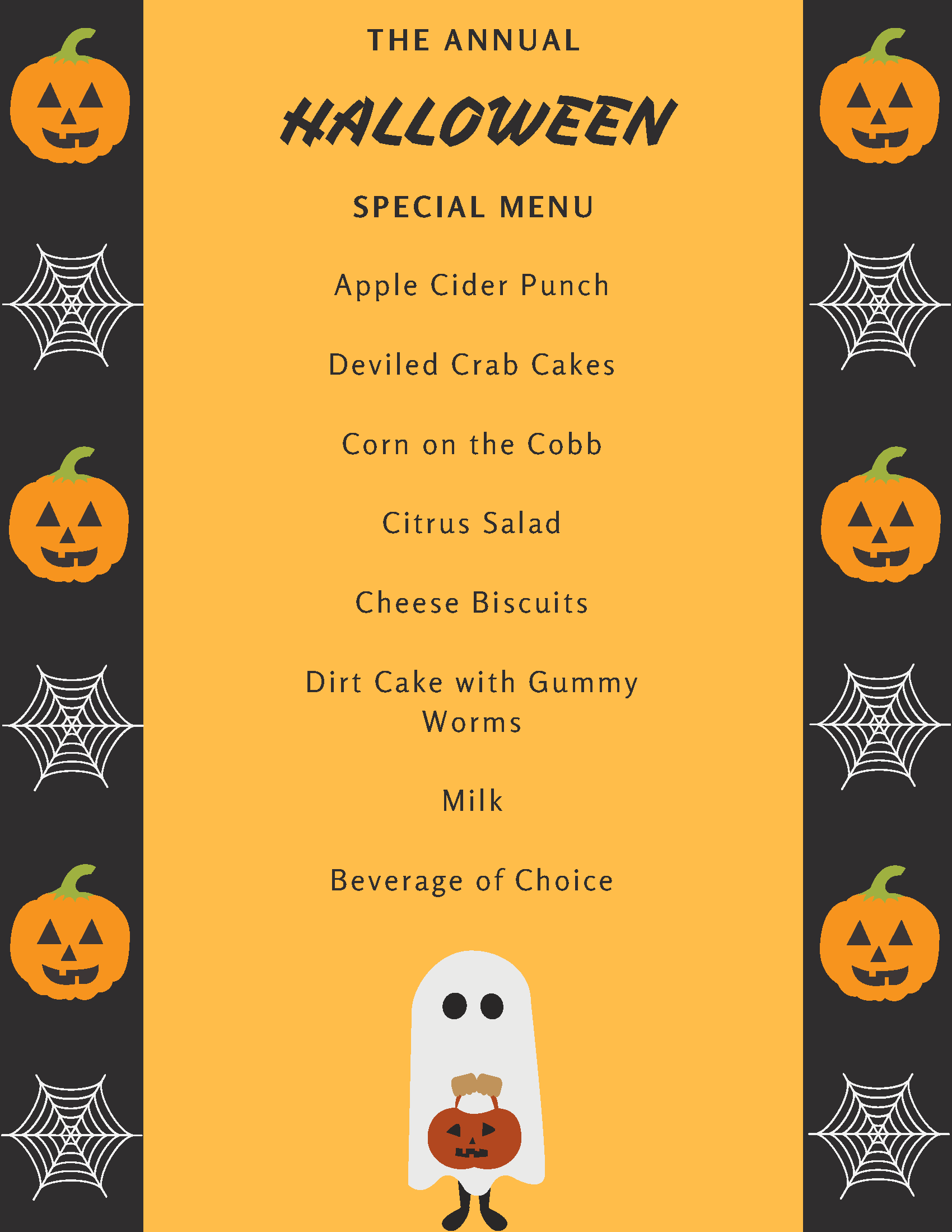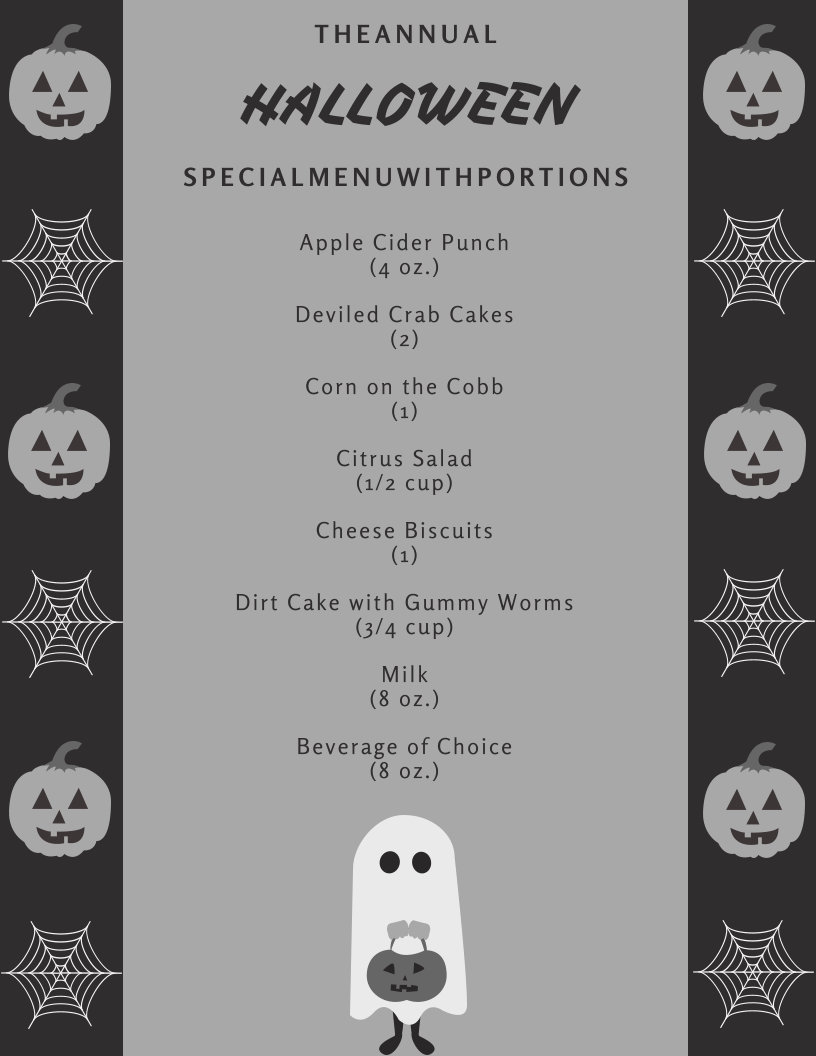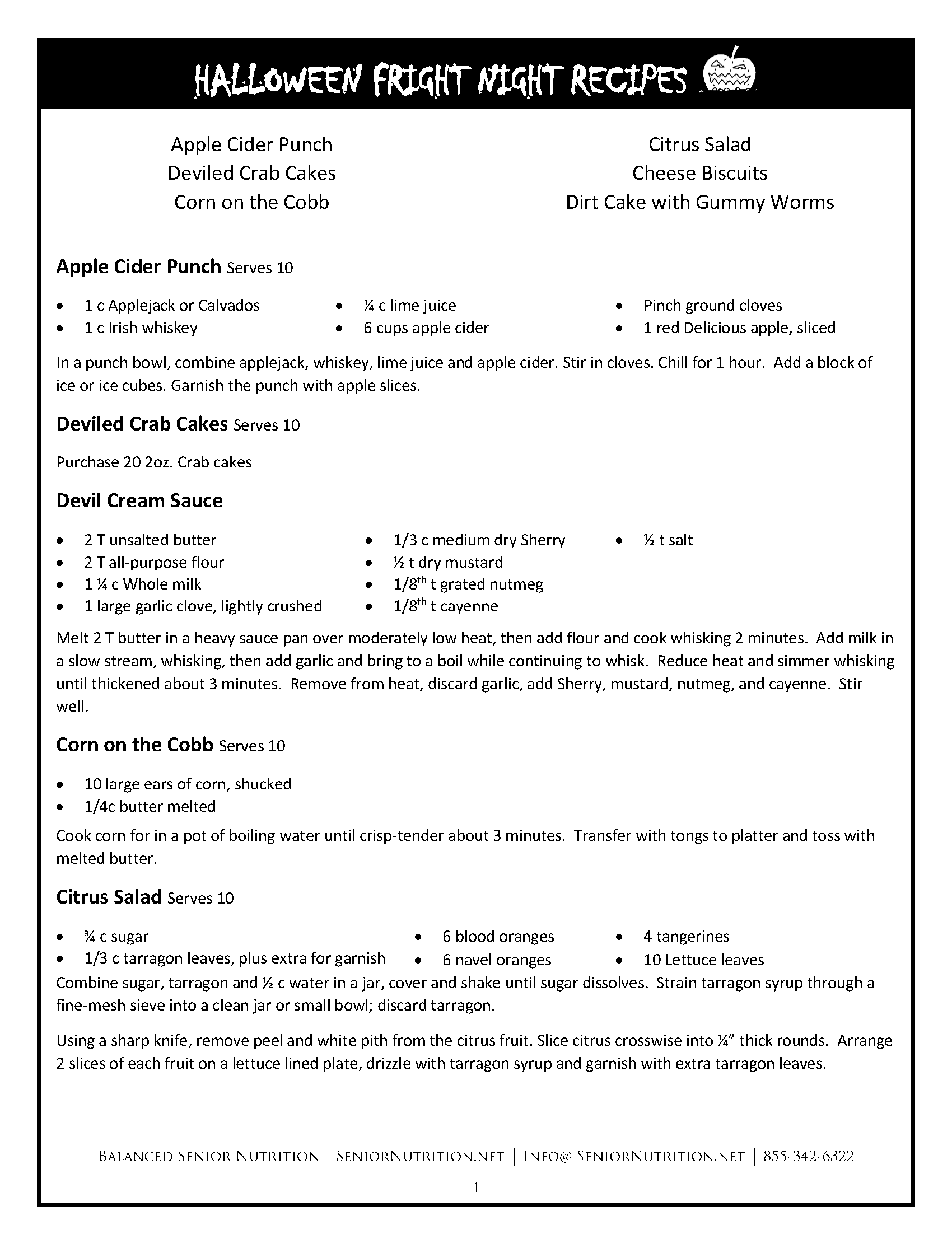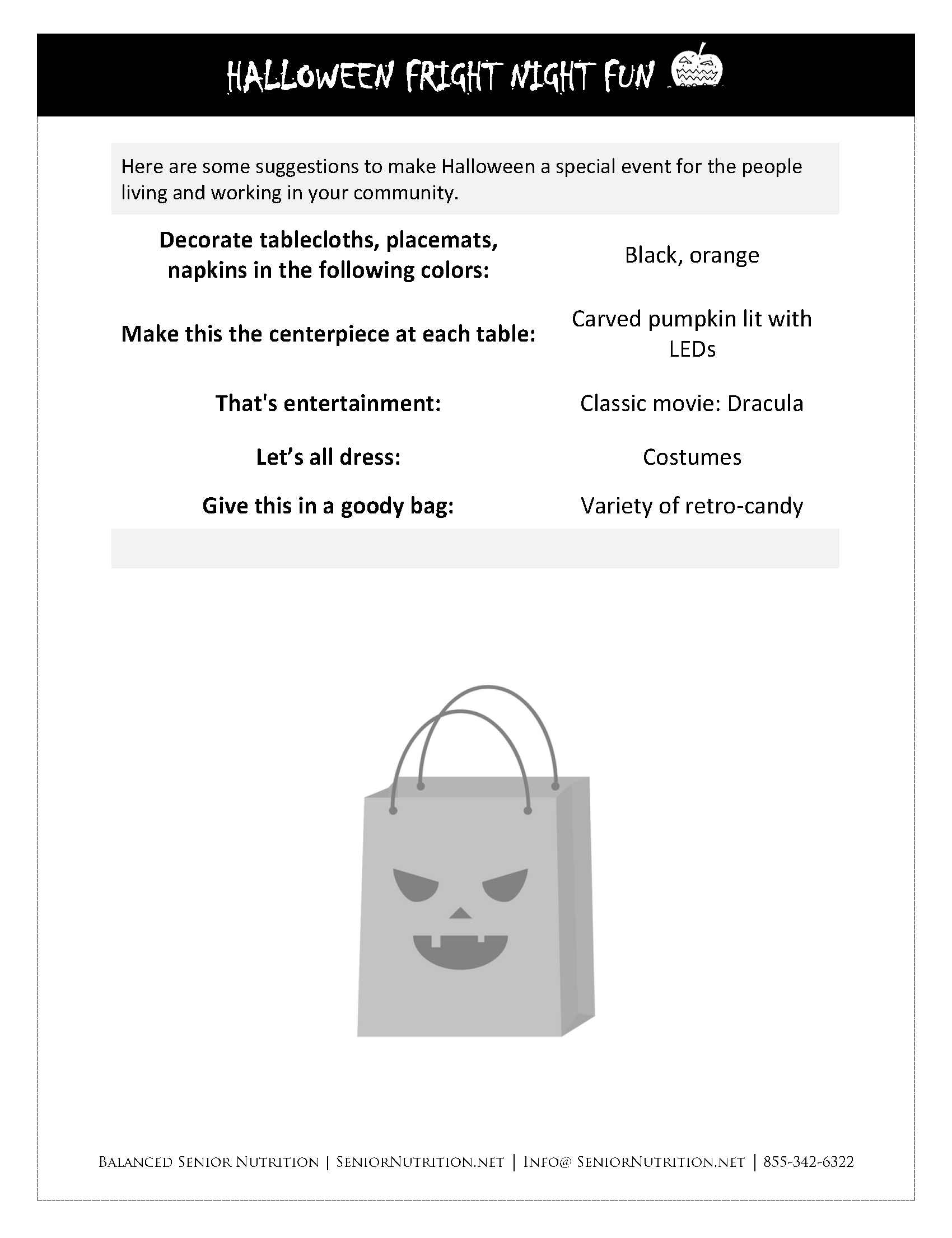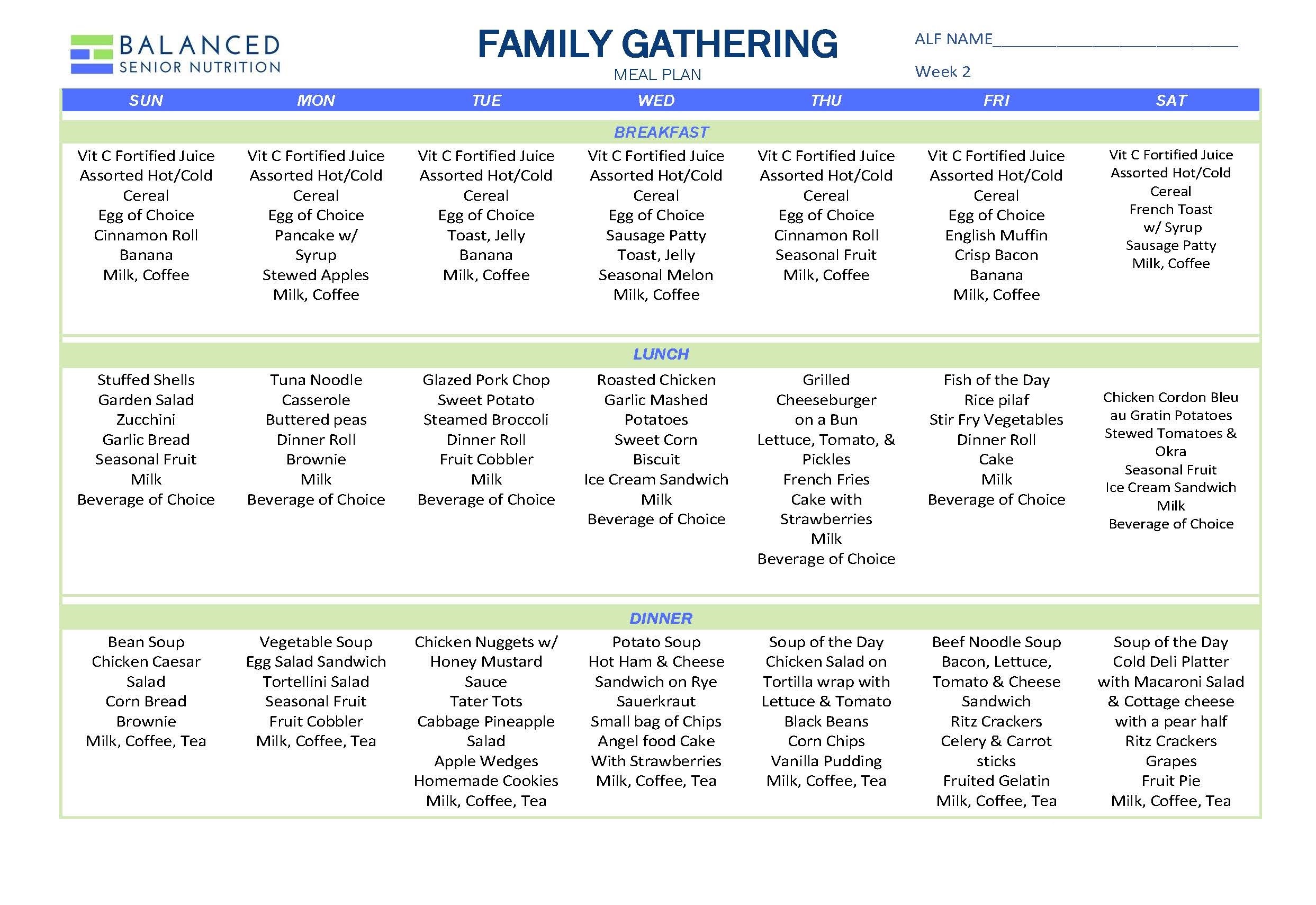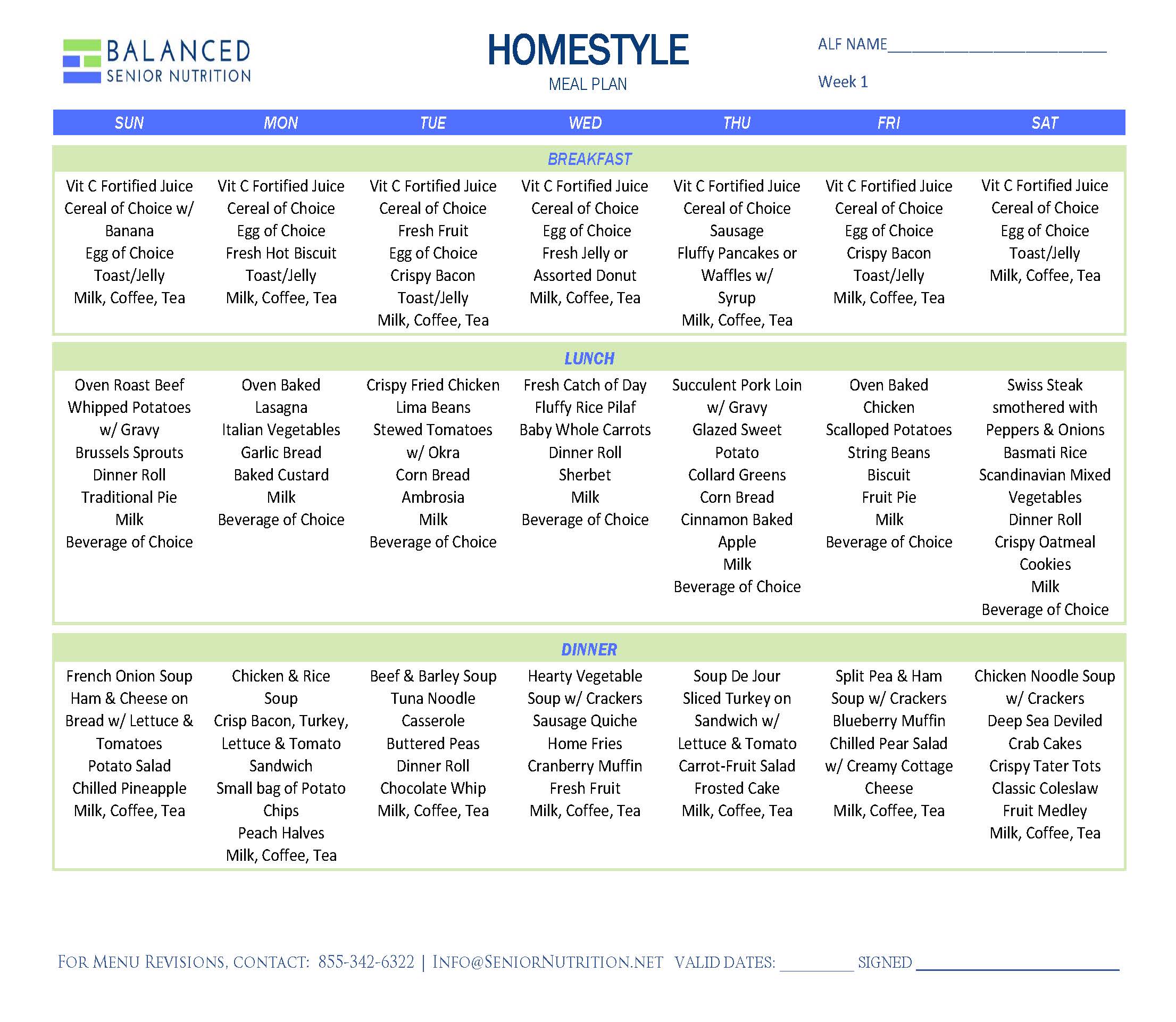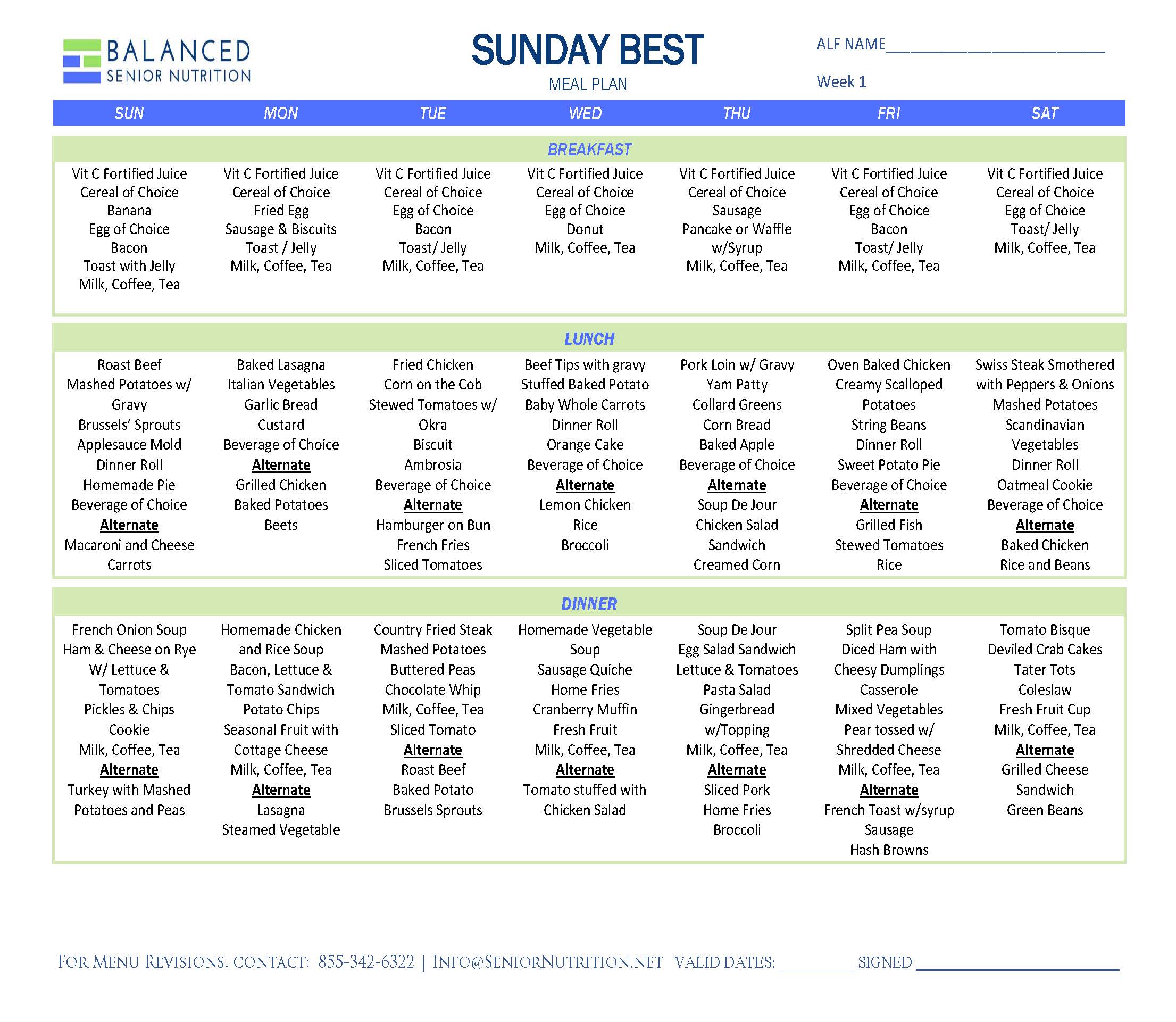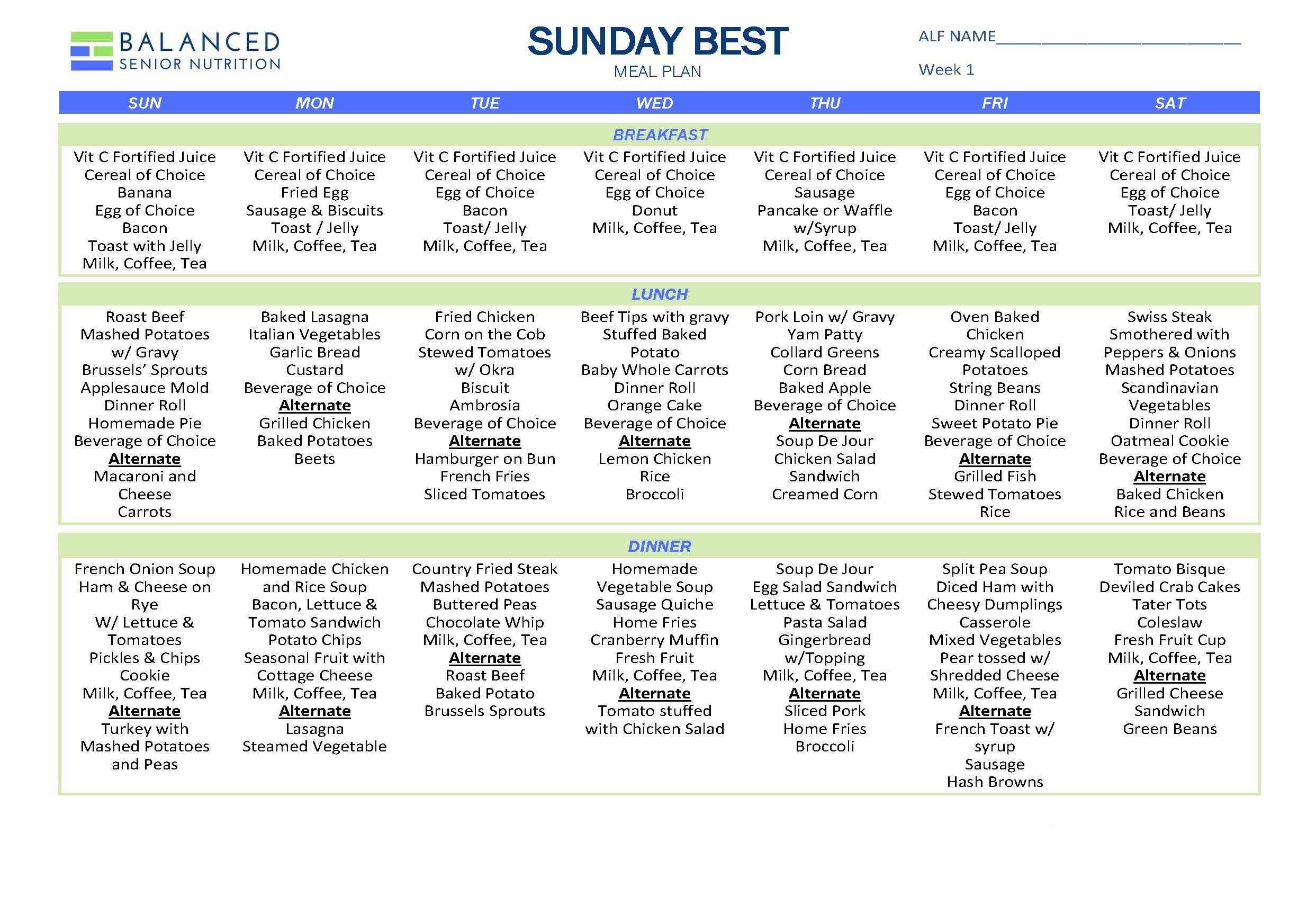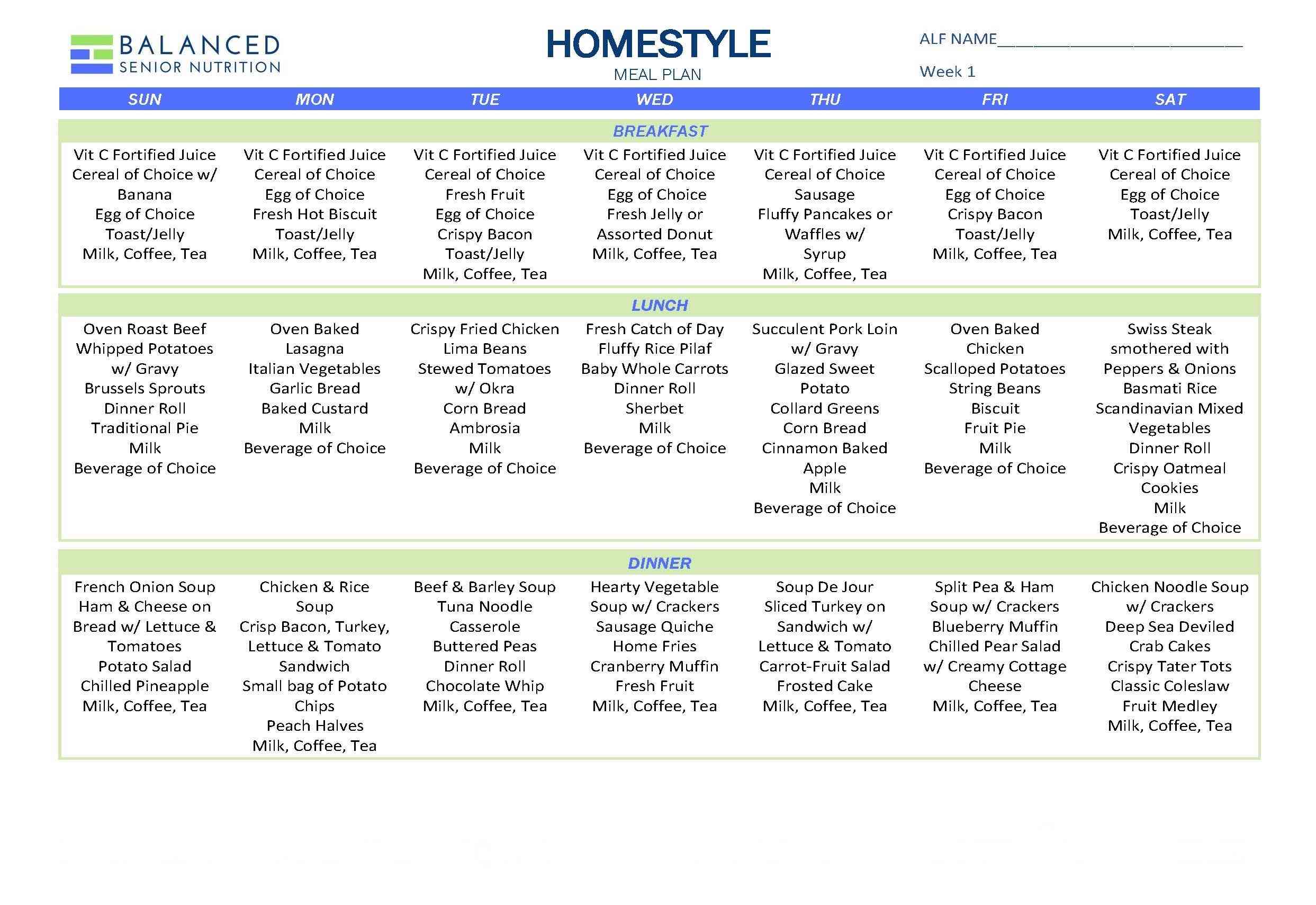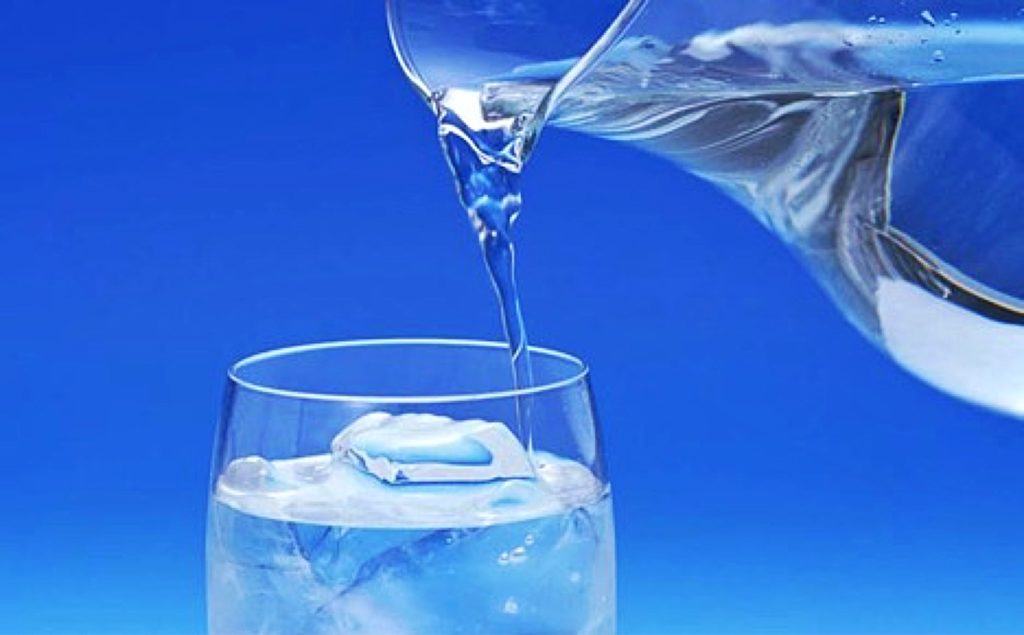
All Water is Not Created Equal
Nine Myths about Water & Hydration for Long Term Care
We all that know water is essential to life. In fact, you cannot live without it. With that said, how much do you really know about water and how we consume it? All water is not created equal. For optimal health, we must consider our water’s source and list of additives. Listed below are ten fallacies about the quality, cost and modern marketing of our most precious resource of water.
Myth 1: Bottled water contains no contaminants making it a better choice over tap water.
Nope. Both bottled water and tap water contain contaminants and both must comply with regulations. That means both are safe. Bottled water is not required to state its source, but tap water’s source must be given.
Myth 2: The best quality bottled waters are usually the most expensive ones.
Absolutely not. You may be surprised to learn that some of the most expensive bottled waters you can purchase may also be the most acidic on the pH scale. What does that mean? Acidic water can lead to further dehydration, failing to “quench your thirst” and most importantly — can contribute to a body chemistry that fosters illness and disease — unlike an alkaline one.
Always check for the pH balance. While a pH 7 is typically considered neutral, anything higher (8-9) is considered alkaline and anything lower is considered fairly acidic. Let the water your residents consume contribute to a healthy pH balance. Choose the one that is responsibly labeled when purchasing bottled water or research which companies are selling neutral or alkaline balanced water. Consuming too much acidic water labeled irresponsibly can be harmful to health in those with compromised immune systems.
Myth 3: A water drink fortified with vitamins is the best way to get your residents the vitamins they need daily.
The key phrase here is “the best way.” Healthy food choices provide people with the vitamins they need, and have the added benefit of supplying beneficial fiber and antioxidants.
Myth 4: Drinking water is the only way residents can meet their fluid needs.
False. Beverages such as milk and juice are composed mostly of water. Foods can also provide about 20% of total water intake (watermelon and tomatoes are 90% water by weight). Water is a great choice, but not the only choice to help meet fluid needs.
Myth 5: Sports drinks were designed to give people an energy boost.
Not really. Sports drinks were created to replenish the nutrients athletes sweat out during practice and competition. They are designed to rehydrate and replace electrolytes, essential sugars and other nutrients needed for muscle repair. While they can provide additional energy from the carbs in the form of fructose and sucrose, eating healthy food and drinking water is better for increasing energy. If you absolutely must purchase or consume these kinds of drinks, look for one without dangerous food dyes. Coconut water has a natural hydrating, recharging effect without the unnecessary ingredients in some sports drinks.
Myth 6. Enhanced water is the same as a sports drink.
False. Enhanced water generally means vitamins have been added where as a sports drink provides electrolyte replacement of sodium, potassium, calcium or magnesium along with some vitamins as a carbohydrate (energy) source.
Myth 7: Caffeine is the “energy source” in energy drinks.
Not always so. While caffeine is said to improve endurance and reduce fatigue, the only actual energy provider in an energy drink is carbohydrates or sugar. But such simple carbs can cause spikes in blood sugar that lead to sluggishness.
Myth 8: The ingredients in energy drinks such as ginseng and taurine make them a better alternative to plain bottled water for boosting energy and immunity.
Not true. Energy drinks contain items with claims such as “immune booster” and “energy booster,” however there is little or no long term data to support these claims. Such drinks do little to contribute to the dietary recommendations in the food guide pyramid for good nutrition.
Myth 9: Energy drinks are safe to drink for everyone in the community.
Absolutely false. Diabetics drinking an energy drink high in sugar can experience a sudden drop in blood sugar levels. The stimulating effect of energy drinks can boost the heart rate and blood pressure, sometimes to the point of palpitations which can be dangerous in those with pre- existing disease.
Keeping your residents hydrated during an emergency is critical. Click here for your free copy of our information guide for emergencies, The Hydration Equation.
